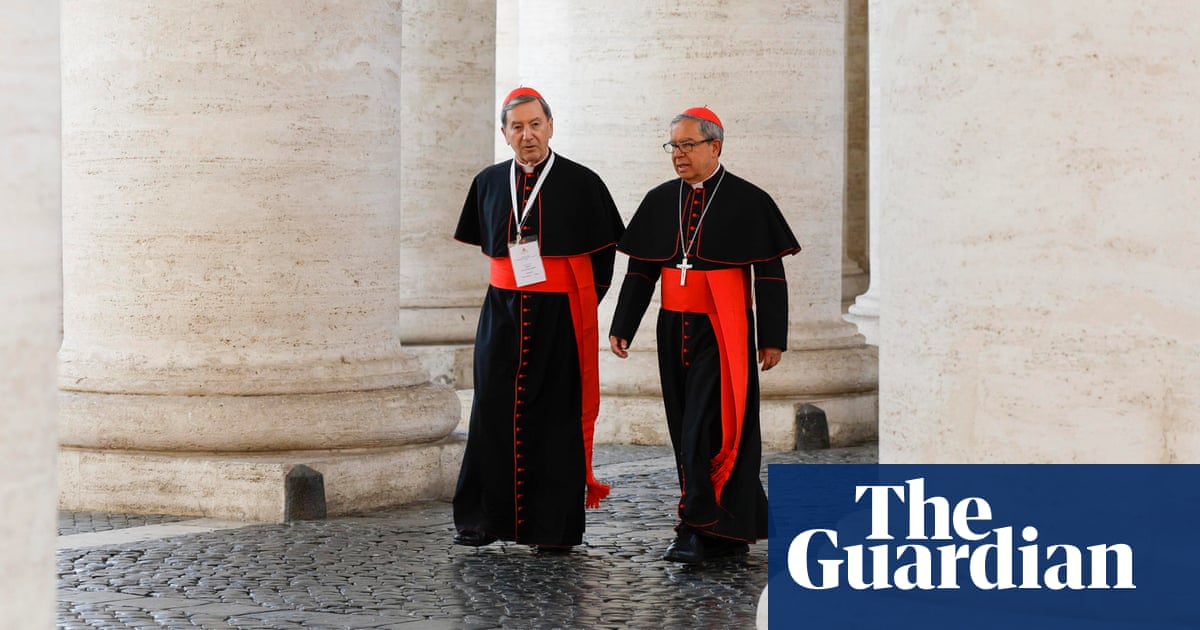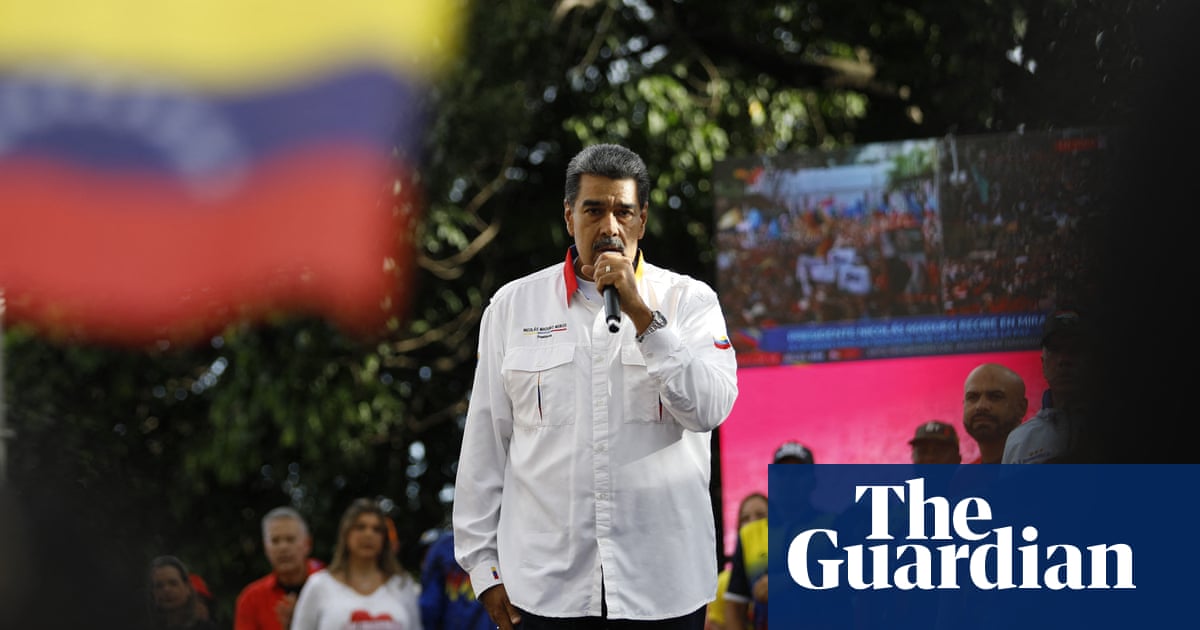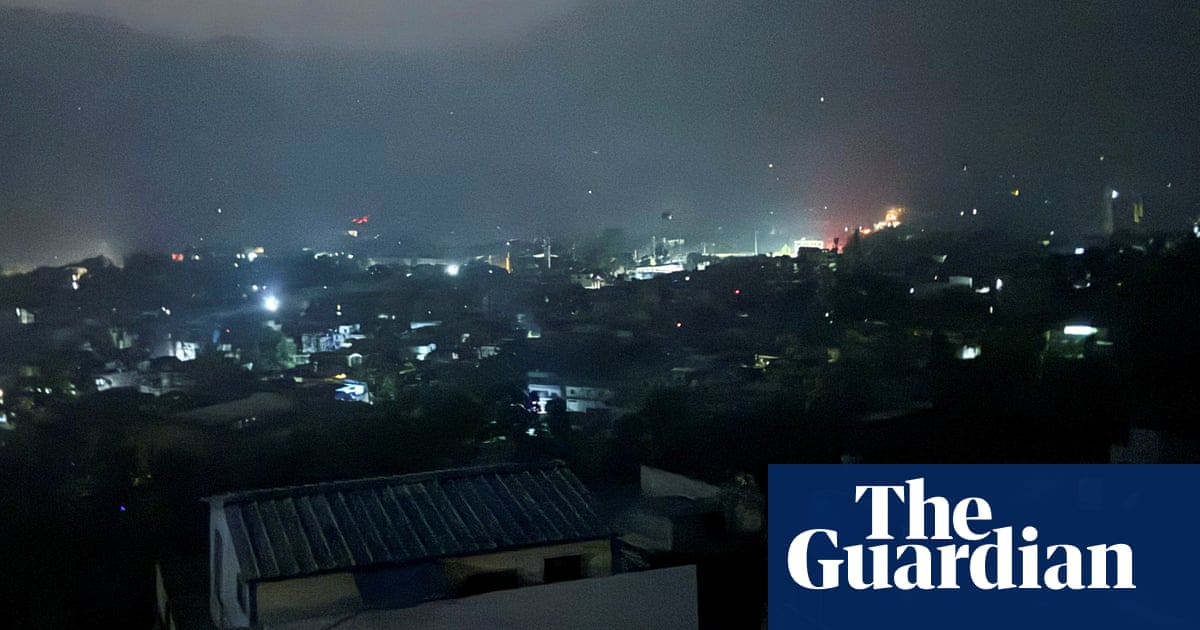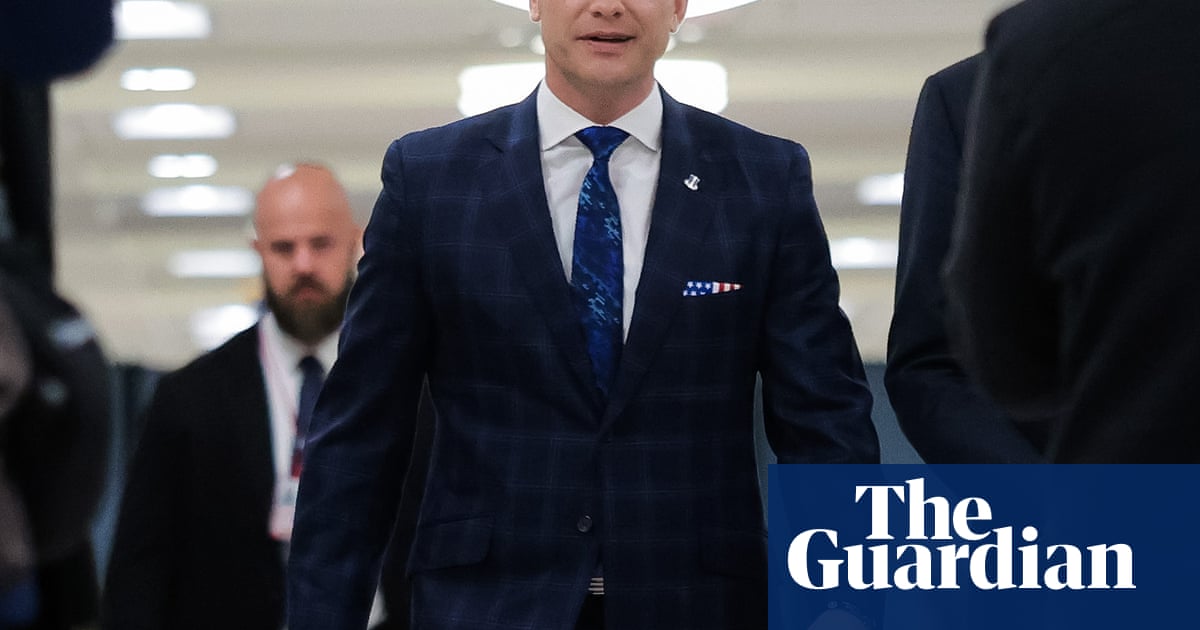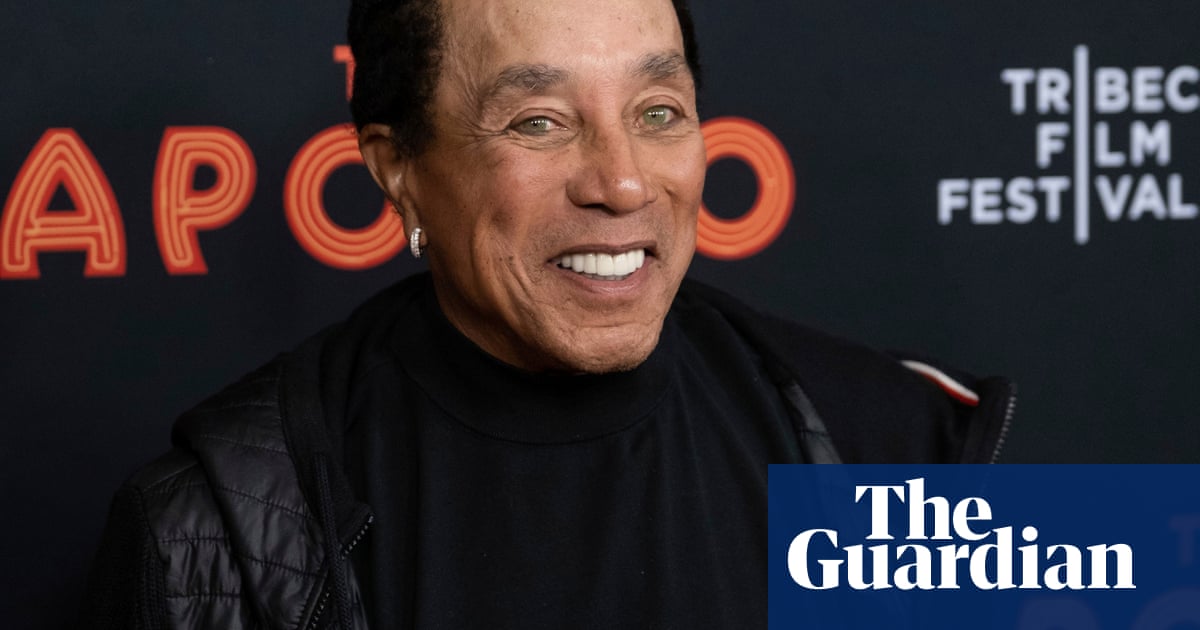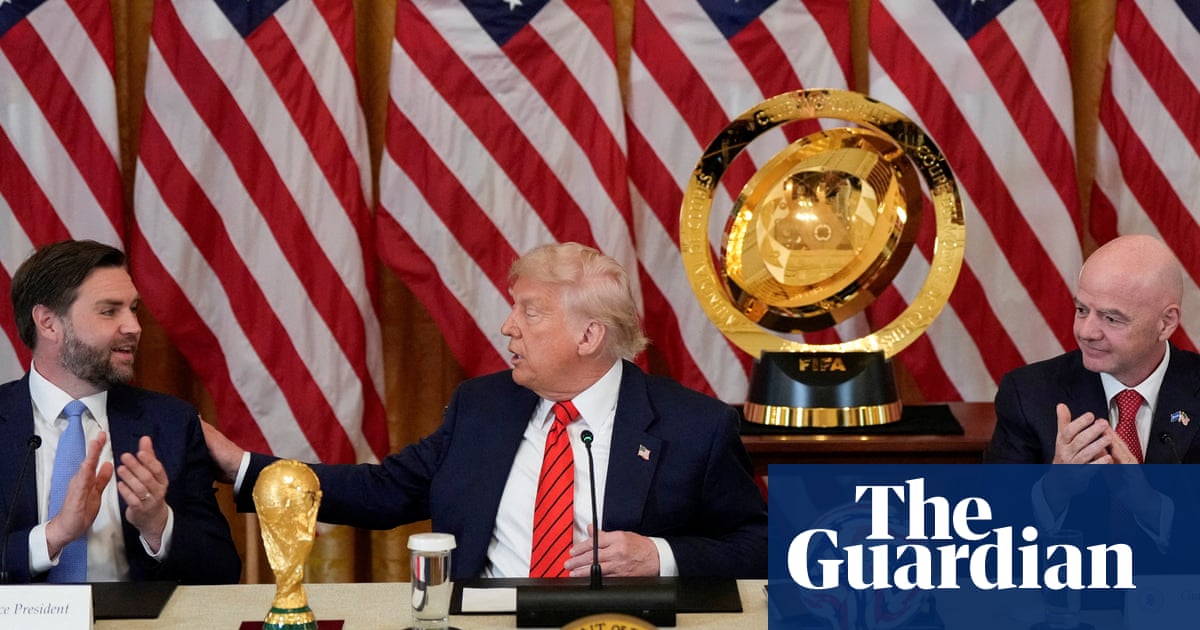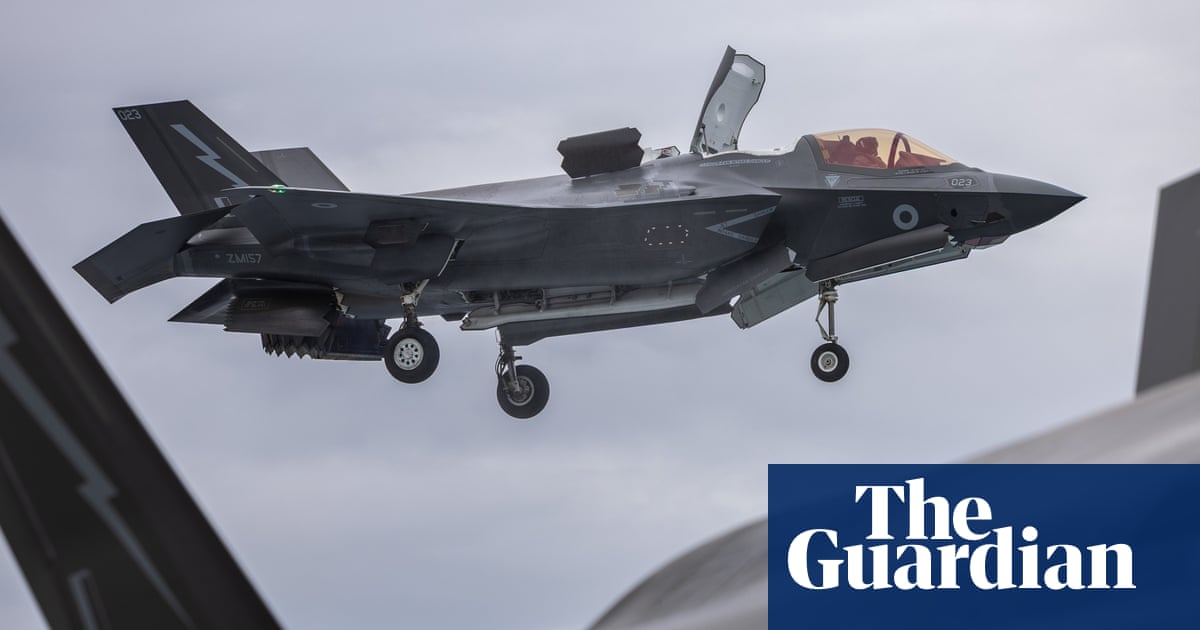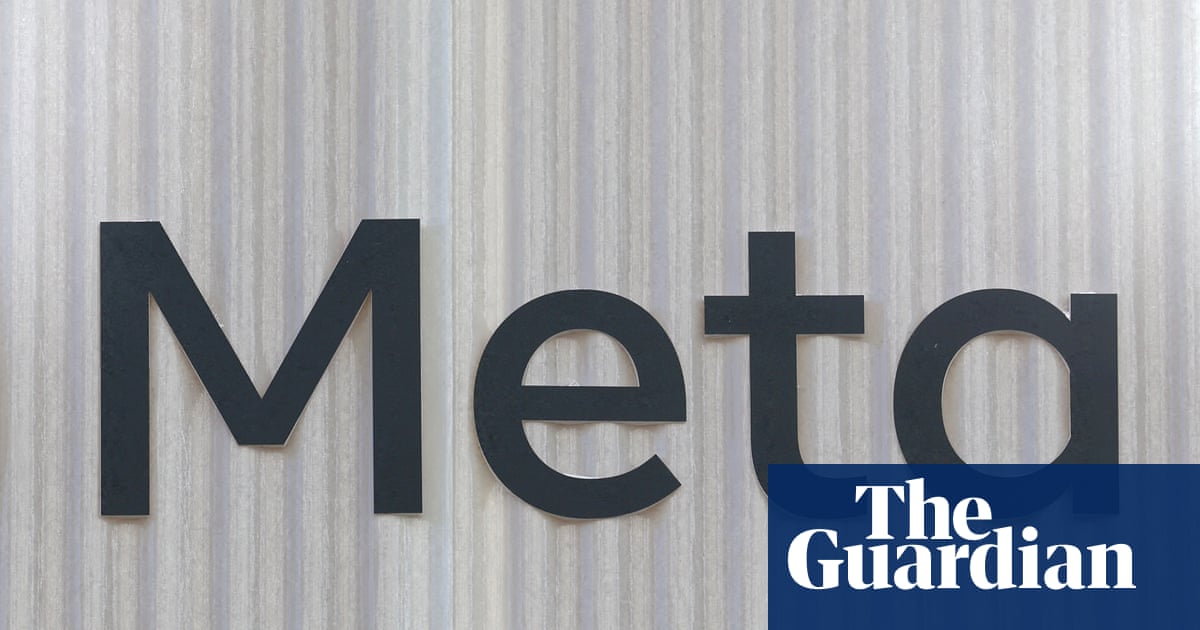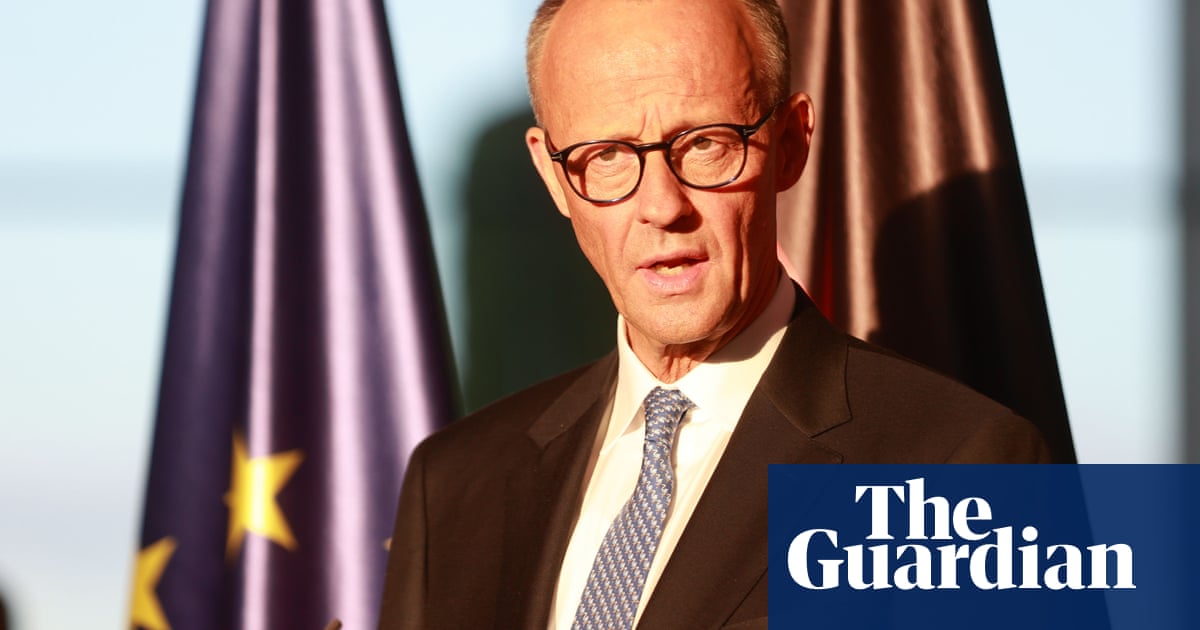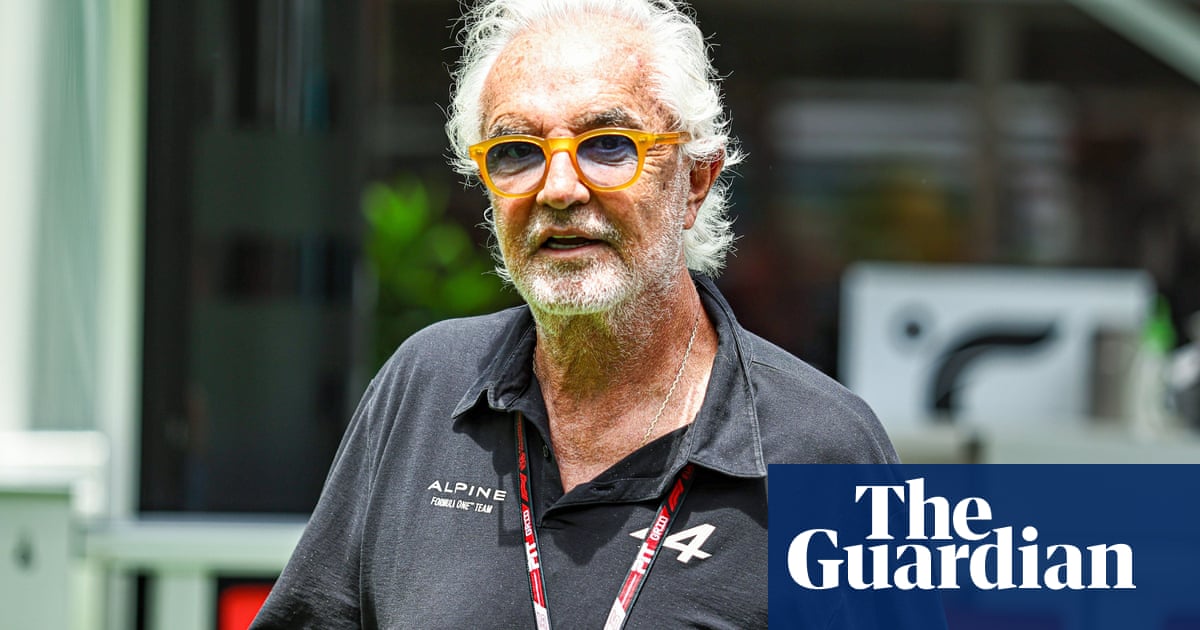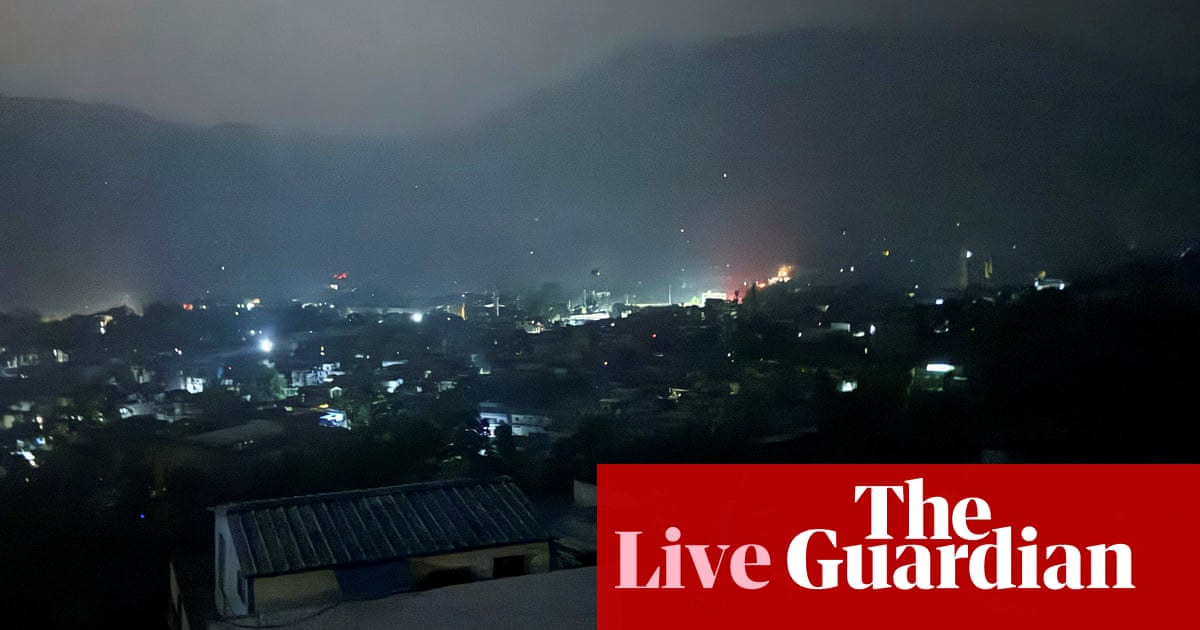Europe must “take responsibility” for its own security, Poland has told its fellow EU member states, as Warsaw takes over the rotating presidency of the bloc at a time of increasing geopolitical uncertainty.
Poland has started its six-month presidency as Donald Trump prepares to return to the White House having promised to bring a negotiated end to Russia’s war in neighbouring Ukraine and threatened to seize Greenland using military force.
“There is awareness among European countries that the next few months will be a very difficult time … That’s why we think that this particular moment is the right time to say loudly that it’s time to take responsibility for our future and our security,” said Poland’s Europe minister, Adam Szłapka, in an interview with the Guardian at the foreign ministry building in Warsaw.
“Security is something that we need to think about every day,” he said, adding that Poland defined European security in broad terms. “It’s not only about strengthening our defence industry capabilities. It’s also about internal security … about energy security and economic security.”
Poland has taken on the bloc’s rotating presidency before, but the country and the continent are experiencing a very different moment to that in 2011 when Warsaw was first in charge. Then, Poland had been an EU member for less than a decade; now, the country is one of the key European players in the response to Russia’s war in Ukraine.
Poland’s historical experience with Russia has made it a longstanding hawk when it comes to European policy towards Moscow, and after years of being dismissed by many politicians in western Europe, Warsaw feels vindicated now that the full-scale invasion of Ukraine has prompted a major rethink of Russia policy across most of the continent.
“We have never been naive in terms of Russia. We were always trying to convince our partners that Russia is a real threat for our stability, our democracy, institutions and the security of the European Union … We were signalling these things for many years and I think only now it became something completely obvious to other countries too,” said Szłapka.
Poland has taken over the rotating EU presidency from Hungary, where the longstanding leader, Viktor Orbán, has frequently clashed with Brussels and had a friendly policy towards Russia and Vladimir Putin. Orbán began the Hungarian rotating presidency with a visit to Moscow – which he described as a “peace mission” – that infuriated many in Kyiv and other European capitals.
“He attempted to conduct talks on behalf of the European Union and use the presidency as permission to do so. But actually that was not true. He didn’t discuss this visit with anyone,” said Szłapka, who called Hungary’s Russia policy “disturbing”.
Under the previous populist Polish government run by the Law and Justice (PiS) party, Poland and Hungary were close allies, but since Donald Tusk’s government took over in late 2023, relations between Warsaw have become increasingly strained. In December, Hungary granted political asylum to the former deputy justice minister Marcin Romanowski, who is wanted in Poland on criminal charges relating to his time in office.
“It was not a move we would consider very friendly,” said Szłapka, of the asylum decision. In response, the Hungarian ambassador was disinvited from a celebratory gala in Warsaw to mark the start of the Polish EU presidency earlier this month.
Perhaps the biggest elephant in the room is Trump. Polish officials are comfortable calling out the threat from Russia, but much more careful about talking about the potential uncertainty of Trump’s possible moves on Ukraine and threatening statements towards Greenland.
The Polish presidency’s list of priorities includes fighting disinformation, but this seems mainly directed at Moscow, rather than at Elon Musk and US social media giants. What should a security-minded nation do when some of the threats appear to be coming from a key ally?
after newsletter promotion
It was too early to say, said Szłapka. “Now we are just talking about some statements and communication coming from President Trump’s team, we are not observing their actions yet. So it’s not a good time to speculate on what Trump presidency would look like. We are waiting for the inauguration, for his first official statements as president.”
Tusk has said previously that the “time for outsourcing our security is over”, and as a leading spender on defence as a proportion of GDP, Poland will at least be well placed to talk to Trump. He has long demanded that Europe spend more money on its own defence and recently called on Nato members to dramatically increase their defence spending to 5% of GDP.
How relations evolve with the Trump administration may end up being the most important aspect of Poland’s six months in charge, and as a staunchly pro-American country which has traditionally had good relations with both Republican and Democratic presidents, its government will be doing everything to push for a positive dynamic.
“The better the relations are between the European Union and the United States, the safer this part of the world is,” said Szłapka.

 3 months ago
58
3 months ago
58

